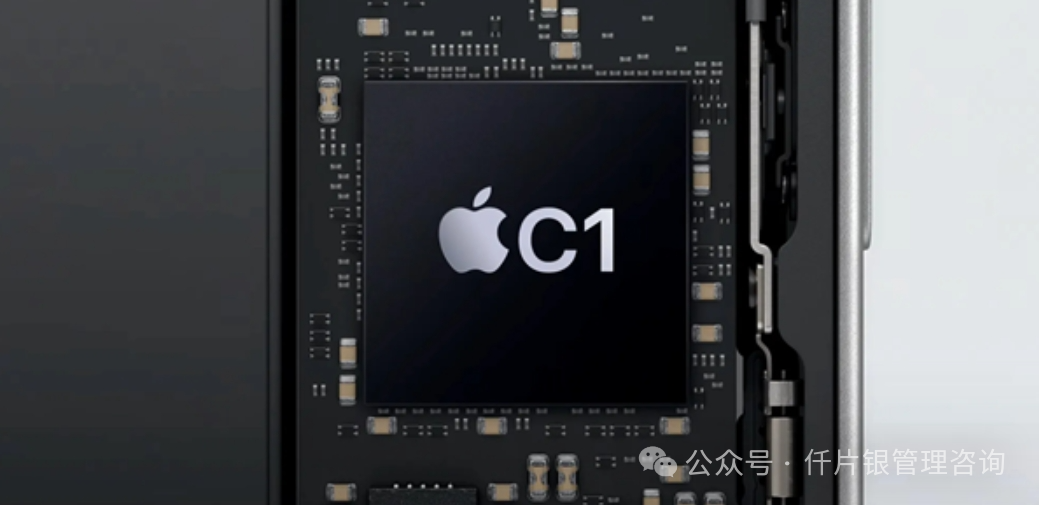In 2020, Apple successfully replaced Intel processors with its M-series self-developed chips, and this scenario is set to repeat in the mobile communications field. Recently, Apple journalist Mark Gurman revealed that Apple’s self-developed chips will replace Qualcomm, and the company has formulated a “three-step” strategy.
The first step was taken with the iPhone 16e in the first half of this year, which is equipped with the C1 modem. This modem, focused on energy efficiency, does not support 5G millimeter waves, but it performs excellently in terms of energy efficiency, being touted as the most energy-efficient modem in iPhone history.
In addition to the iPhone 16e, the upcoming iPhone 17 Air will also feature the C1 modem, while other models in the iPhone 17 series will continue to use Qualcomm solutions.
The second step involves Apple’s self-developed modem chip C2, codenamed Ganymede, which will debut with the iPhone 18 series in 2026. This chip will address its shortcomings by fully supporting 5G millimeter waves, achieving a downlink speed of 6Gbps, and matching the performance of contemporaneous Qualcomm modem chips.
The third step is Apple’s ultimate move, the C3 modem, codenamed Prometheus, which will debut with the iPhone 19 series in 2027. It will incorporate AI and support satellite communication, with Apple aiming for the C3 to completely surpass Qualcomm and become the strongest in the industry.
It is noteworthy that Apple is also considering adding cellular network functionality to MacBooks. If this goal is achieved, Apple’s self-developed modems will cover all product categories, including iPhones, iPads, and MacBooks.
Additionally, according to leaked internal roadmaps, Apple aims to achieve the physical integration of the modem and main chip by 2028. This “single-chip” design could further optimize energy efficiency, but the technical complexity far exceeds that of developing independent modems.
